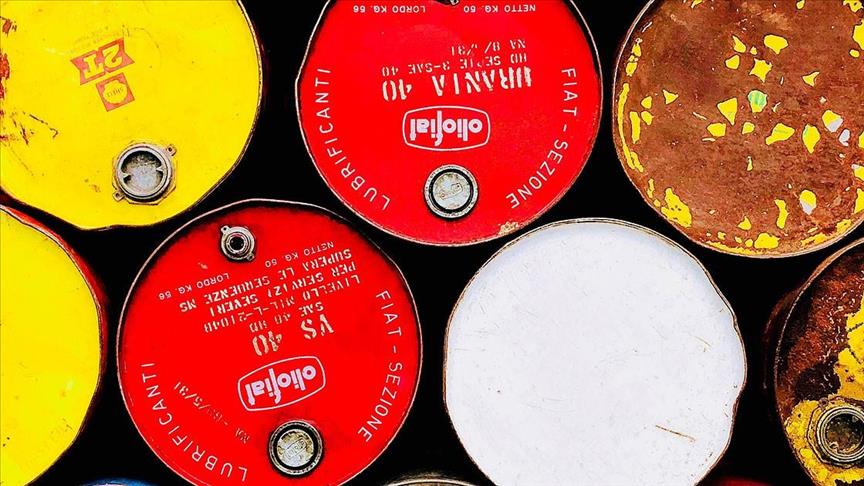US President Trump’s tariffs on Colombian imports and his push for OPEC to cut oil prices have intensified downward pressure on crude, compounded by growing fears of a European recession and anticipation surrounding the European Central Bank’s upcoming interest rate decision.
The international benchmark Brent crude decreased by 0.6%, trading at $77.19 per barrel at 10.19 a.m. local time (0719GMT), down from $77.54 at the close of the previous session.
The US benchmark West Texas Intermediate (WTI) decreased by 0.4%, reaching $74.06 per barrel, compared to its prior session close of $74.38.
Oil prices began the week with a downward trend following US President Donald Trump’s statements on new trade policies and his call for Saudi Arabia and the Organization of the Petroleum Exporting Countries (OPEC) members to lower oil prices.
In a statement on his Truth Social account yesterday, Trump announced his directive to impose a 25% tariff on all goods entering the US from Colombia, adding that this rate would increase to 50% within a week.
These sanctions have raised concerns about significantly higher prices for US consumers and cost pressures on import-dependent firms, thereby exerting downward pressure on oil prices.
Furthermore, Trump’s remarks during the 55th Annual Meeting of the World Economic Forum (WEF), which he attended via video conference last week, also supported the decline in prices. He emphasized that Saudi Arabia and OPEC must reduce oil prices, stating, ‘I will also ask Saudi Arabia and OPEC to reduce the cost of oil. It needs to come down; I was surprised it wasn’t reduced before the election. If prices had fallen, the war would have ended immediately. Now the price is high enough to sustain the war.’
OPEC’s crude oil production in December last year rose by 26,000 barrels per day compared to the previous month, reaching 26.741 million barrels per day.
Additionally, Trump’s policies to increase US oil and gas production continue to ease supply concerns in the global oil market, contributing to the downward movement in prices.
Meanwhile, concerns about a recession persist in Europe. Although the Eurozone Manufacturing Purchasing Managers’ Index (PMI) exceeded expectations in January, reaching 46.1, it continues to show weak performance. In Germany, the manufacturing PMI remained at a low level of 44.1. Experts suggest that the European Central Bank’s (ECB) fight against inflation may become more challenging, with prolonged monetary tightening potentially heightening recession risks. This scenario negatively impacts the global demand outlook, increasing pressure on prices.
On the other hand, the ECB’s upcoming interest rate decision this week is anticipated to have a decisive impact on oil markets. Lower interest rates are expected to boost oil demand.

